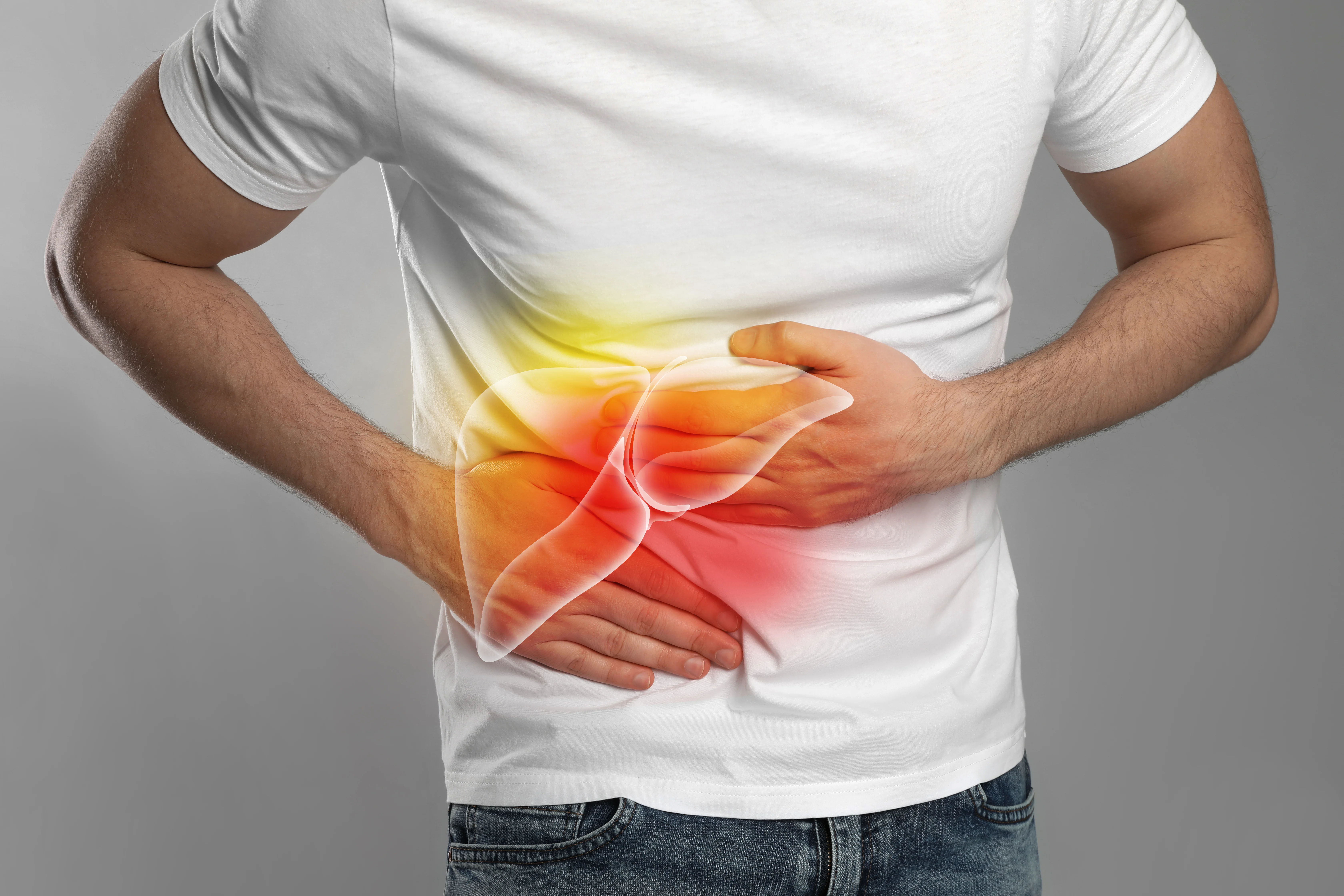- female
- 50 Years
- 10/05/2022
What are the later health complications of having diabetes?
Answered by 1 Apollo Doctors
Increased risk of Heart attack/ Angina/ Stroke, Nerve damage, Kidney damage, Gastroparesis (Nausea/ vomiting) Diarrhea or constipation, Eye damage - blindness, Increased risk of cataract and glaucoma, Foot damage/ amputations, Skin infections, Increased risk of Alzheimer's disease/ Depression/ Hearing impairment.
Dr. Dhankecha Suggests...
Consult a Endocrinologist
Answered 04/07/2025
0
0

More Endocrinology Health Queries
View allI've been having some mild cramps in my lower abdomen, and it's been about 8 days since my IUI. I'm a bit worried and wondering if this might be an early sign of pregnancy. Could you shed some light on this?
refer to gynecologist
Answered by 1 Apollo Doctors
I'm a bit concerned because I recently had a treatment with FSH injections to help with conceiving. They told me only one egg developed in my right ovary, and none were growing in my left ovary. Does this mean my left ovary might be inactive, and follicles won't ever develop there? Is this something I should be worried about for the future, or is there a way to stimulate the left ovary to produce eggs too?
Eggs can grow on either ovary, but ovulation occurs more frequently from the right ovary than the lef
Answered by 1 Apollo Doctors
My mom accidentally took her thyroxine dose twice this morning on an empty stomach. I'm really worried about what might happen. Could you please advise on any steps we should take or if there's anything specific we should watch out for?
nothing will happen
Answered by 1 Apollo Doctors
Disclaimer: Answers on Apollo 247 are not intended to replace your doctor advice. Always seek help of a professional doctor in case of an medical emergency or ailment.




